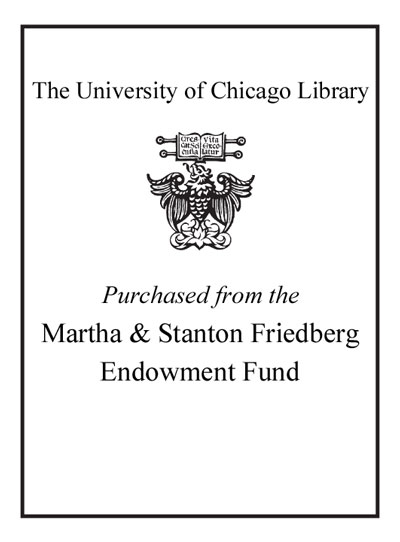| Summary: | Gary Bass shatters the myth that the history of humanitarian intervention began with Bill Clinton, or even Woodrow Wilson, and shows, instead, that there is a tangled international tradition, reaching back more than two hundred years, of confronting the suffering of innocent foreigners. Bass describes the political and cultural landscapes out of which these activists arose, as an emergent free press exposed Europeans and Americans to atrocities taking place beyond their shores and galvanized them to act. He brings alive a century of passionate advocacy in Britain, France, Russia, and the United States: the fight the British waged against the oppression of the Greeks in the 1820s, the huge uproar against a notorious massacre in Bulgaria in the 1870s, and the American campaign to stop the Armenian genocide in 1915. He tells the gripping stories of the activists themselves: Byron, Bentham, Madison, Gladstone, Dostoevsky, and Theodore Roosevelt among them. Bass also demonstrates that even in the imperialistic heyday of the nineteenth century, humanitarian ideals could play a significant role in shaping world politics. He argues that the failure of today's leading democracies to shoulder such responsibilities has led to catastrophes such as those in Rwanda and Darfur--catastrophes that he maintains are neither inevitable nor traditional.--From publisher description.
|
|---|

